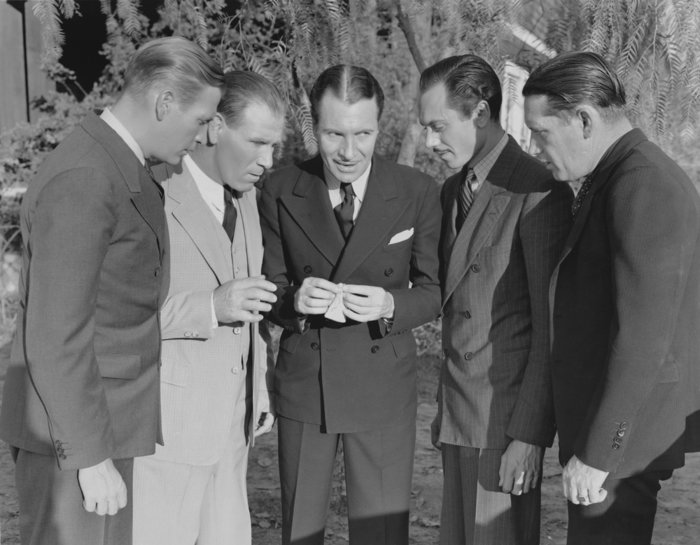
Doctrine
[DAHK-trən]
Part of speech: noun
Origin: Latin, 14th century
1.
A belief or set of beliefs held and taught by a church, political party, or other group.
2.
A stated principle of government policy, mainly in foreign or military affairs.
Examples of Doctrine in a sentence
"Some old-fashioned doctrines need to be updated for modern times."
"Presidents are often remembered for notable policies or actions, which can be called their doctrine."
About Doctrine
Today you go to the doctor for medical concerns, but in the original Latin, "doctor" meant "teacher." Drawing from that, "doctrina" meant "teaching." As the word moved from Old French into Middle English, "doctrine" turned into a set of beliefs stated by a church or political party.
Did you Know?
The Monroe Doctrine, announced by President Monroe during his 1823 address to Congress, was a cornerstone of American foreign policy for many decades. The basic premise of it was that the United States would not interfere with European affairs, nor accept European intervention in the Americas.








